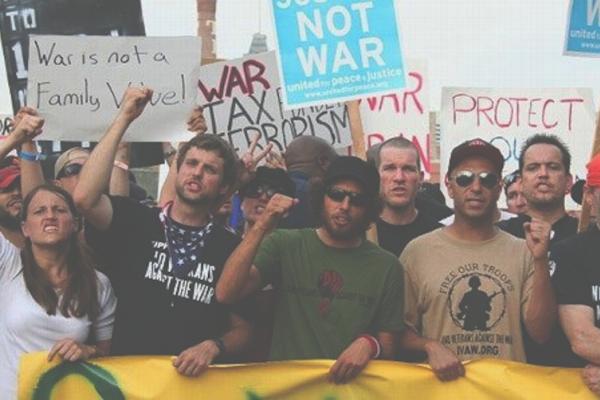There we were, a group of political musicians, arm in arm, leading the populace. And we didn’t really know what to sing. The irony of the situation stuck with me. The power of our songs had gathered the people. But once the people gathered, where were the songs for that day's movements?
2008 was the year that most people got to know my group Flobots and our music, especially through the national release of Fight With Tools. 2008 was also a historic election year. Eight years later, as we prepare to release our album in 2016, the country is gearing up for another decisive election. And as division grows, some artists are singing out, and some movements are finding their refrains. This timing is significant.
When we look at the movements happening today, we see everyday people seeking to resist violence, racism, and destruction. We see raised voices crying out for transformation. It is critically important that they succeed.
Read the Full Article

